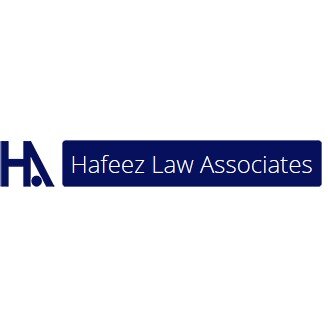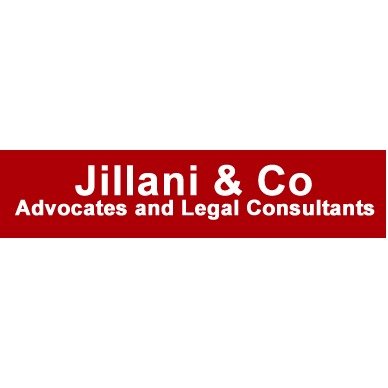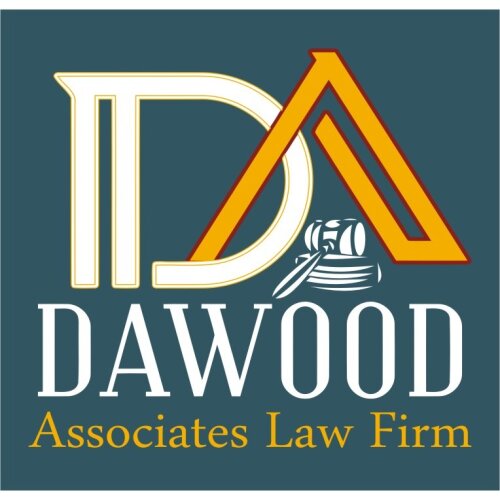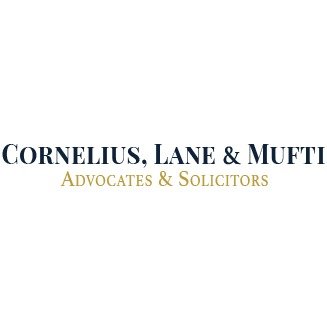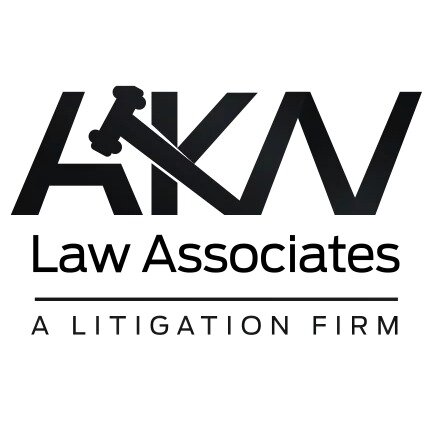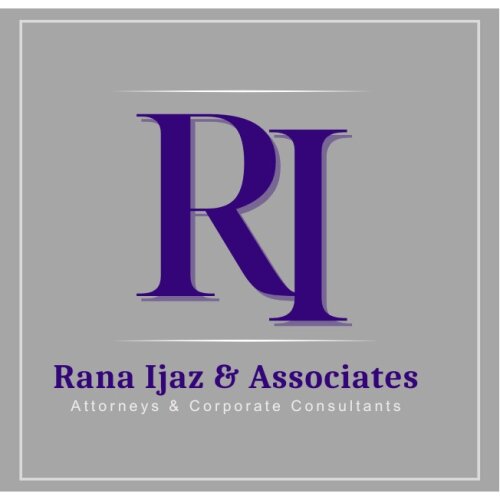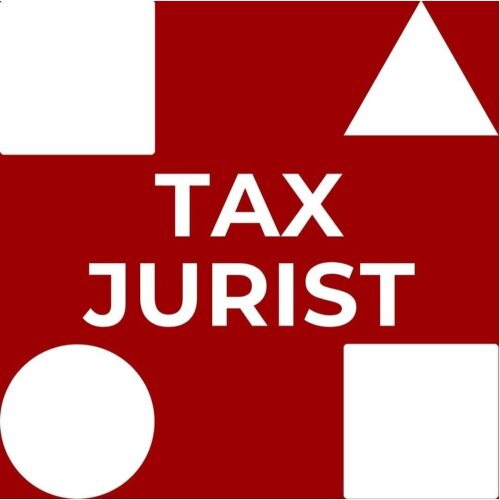Best Licensing Lawyers in Pakistan
Share your needs with us, get contacted by law firms.
Free. Takes 2 min.
Or refine your search by selecting a city:
List of the best lawyers in Pakistan
About Licensing Law in Pakistan
Licensing law in Pakistan encompasses a range of legal frameworks that govern the issuance and regulation of permissions and licenses. These licenses are necessary for individuals and businesses to operate within various sectors, including commercial, environmental, intellectual property, and health and safety domains. Licensing laws ensure that entities comply with regulatory standards designed to protect public interest and maintain market order. Understanding the specific requirements and obligations of these laws is critical for anyone seeking to obtain or maintain a license in Pakistan.
Why You May Need a Lawyer
Legal assistance may be required for various reasons in the field of licensing in Pakistan. Common situations include:
- Application Process: Navigating the often complex application forms and procedures necessary to obtain a license.
- Compliance Issues: Ensuring ongoing compliance with licensing conditions and regulatory requirements.
- License Renewals: Managing timelines and conditions associated with renewing or extending licenses.
- Disputes and Challenges: Resolving disputes or appealing decisions regarding license refusals, suspensions, or cancellations.
- Specialized Sectors: Understanding and interpreting licensing requirements in highly regulated sectors such as telecommunications, pharmaceuticals, or media.
In these instances, a lawyer can provide invaluable assistance in navigating the legal landscape, ensuring compliance, and effectively advocating for your interests.
Local Laws Overview
Licensing in Pakistan is governed by a mix of federal and provincial laws. Key aspects include:
- Federal Regulations: Certain industries, like telecommunications and broadcasting, are primarily regulated at the federal level. The Pakistan Telecommunication Authority and Pakistan Electronic Media Regulatory Authority play critical roles here.
- Provincial Regulations: Other licenses, such as those for businesses, environmental permits, or labor, may be subject to provincial regulations, with varying requirements from one province to another.
- Intellectual Property: The Intellectual Property Organization of Pakistan is responsible for registering copyrights, trademarks, and patents.
- Health and Safety Licensing: The healthcare sector is subject to specific licensing conditions enforced by the Pakistan Medical Commission and provincial health departments.
Understanding these aspects is crucial for obtaining and maintaining applicable licenses.
Frequently Asked Questions
What types of licenses might I need to start a business in Pakistan?
The types of licenses you might need include a trade license, tax registration with the Federal Board of Revenue, and sector-specific permits, depending on your business nature.
How long does it take to obtain a license in Pakistan?
The duration varies by license type and regulatory body involved. It can range from a few weeks to several months. Consulting with relevant authorities or a legal expert can provide more precise timelines.
What happens if I operate a business without the necessary licenses?
Operating without required licenses can lead to penalties, fines, or legal action, including business closure and criminal charges in severe cases.
Can a license be transferred to another person or entity?
This depends on the nature of the license and the specific conditions set by the issuing body. Some licenses allow for transfer under strict regulations, while others may not be transferable.
How do I know if my business complies with all licensing requirements?
You can consult with a legal expert specializing in licensing laws in your sector or conduct thorough research on the relevant regulatory body’s requirements.
What is the role of a lawyer in the licensing process?
A lawyer can assist with understanding legal requirements, preparing documentation, representing you in negotiations or disputes, and ensuring compliance with all applicable laws.
How can I appeal a licensing decision?
The procedure for appealing a decision depends on the issuing authority's policies. You generally need to file an appeal form or legal representation before a review board or a court.
Are there any licenses that require renewal or periodic updates?
Yes, many licenses must be renewed periodically. The renewal process often involves submitting updated information and paying fees.
Do foreign nationals need specific licenses to operate in Pakistan?
Foreign nationals must comply with Pakistani licensing laws, which may include additional registrations or permits, especially for work visas or setting up a business entity.
Can penalties for licensing violations be challenged?
Yes, penalties can often be contested through an appeals process wherein you may be required to prove compliance or address underlying issues leading to penalties.
Additional Resources
For further assistance and information, consider reaching out to the following organizations:
- Intellectual Property Organization of Pakistan (www.ipo.gov.pk): Assists with trademark, patent, and copyright registrations.
- Pakistan Telecommunication Authority (www.pta.gov.pk): Regulates telecommunication services.
- Federal Board of Revenue (www.fbr.gov.pk): Responsible for taxation matters, including business and professional licenses.
- Provincial Chambers of Commerce: Provide resources and guidance for businesses at the provincial level.
Next Steps
If you need legal assistance in licensing, consider taking the following steps:
- Consult a Lawyer: Seek legal advice from a lawyer specializing in the relevant area of licensing. This can save time and help avoid costly mistakes.
- Research: Gather information on the specific licenses you need and the procedures involved by visiting official governmental websites and consulting industry associations.
- Document Preparation: Ensure all your documentation is complete and correctly filled out to minimize delays in the application process.
- Follow-Up: Regularly follow up with the relevant authorities to track your license application status and address any issues promptly.
By taking these steps, you can efficiently navigate the licensing landscape in Pakistan and ensure compliance with the legal requirements of your sector.
Lawzana helps you find the best lawyers and law firms in Pakistan through a curated and pre-screened list of qualified legal professionals. Our platform offers rankings and detailed profiles of attorneys and law firms, allowing you to compare based on practice areas, including Licensing, experience, and client feedback.
Each profile includes a description of the firm's areas of practice, client reviews, team members and partners, year of establishment, spoken languages, office locations, contact information, social media presence, and any published articles or resources. Most firms on our platform speak English and are experienced in both local and international legal matters.
Get a quote from top-rated law firms in Pakistan — quickly, securely, and without unnecessary hassle.
Disclaimer:
The information provided on this page is for general informational purposes only and does not constitute legal advice. While we strive to ensure the accuracy and relevance of the content, legal information may change over time, and interpretations of the law can vary. You should always consult with a qualified legal professional for advice specific to your situation.
We disclaim all liability for actions taken or not taken based on the content of this page. If you believe any information is incorrect or outdated, please contact us, and we will review and update it where appropriate.
Browse licensing law firms by city in Pakistan
Refine your search by selecting a city.





